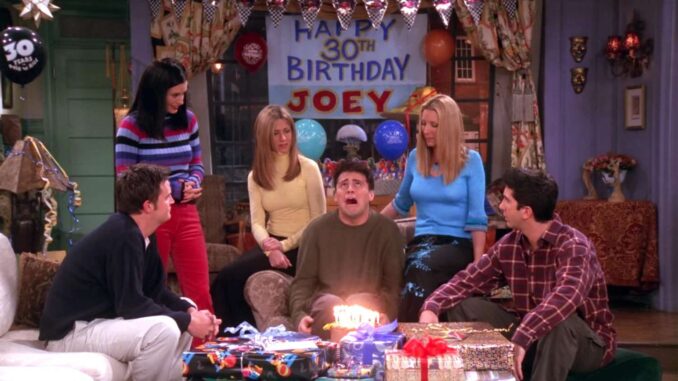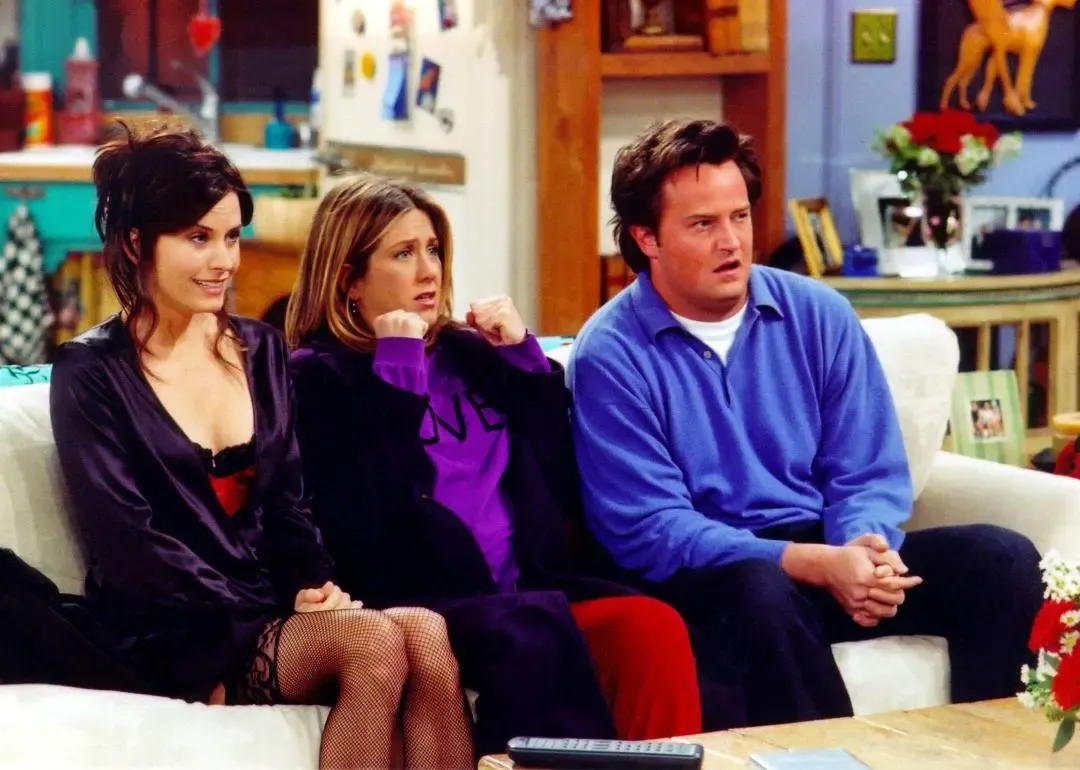
“Friends,” the iconic sitcom that debuted in 1994, has long been a staple of popular culture.
One significant criticism of “Friends” lies in its representation of diversity. The main cast comprises six white characters, and the show often fails to portray a realistic depiction of the diverse city of New York. Although there are recurring characters from various backgrounds, their portrayals can sometimes fall into stereotypical roles, which can feel outdated and insensitive in today’s context. This lack of representation is increasingly highlighted as audiences seek more inclusive storytelling.
Additionally, the humor in “Friends” often hinges on jokes that may not resonate with modern audiences. Some comedic moments rely on body shaming, casual sexism, and homophobic remarks that, while perhaps considered funny in the 90s, can feel hurtful and inappropriate today. This has led to a broader conversation about the evolution of comedy and what is acceptable in the modern landscape, prompting viewers to reconsider the show’s legacy.

Moreover, the relationships depicted in “Friends” often glorify problematic dynamics. The on-again, off-again nature of Ross and Rachel’s relationship, for example, is sometimes romanticized despite featuring toxic communication and jealousy. Similarly, some of Joey’s and Chandler’s antics can reinforce unhealthy stereotypes about masculinity and relationships. As viewers today become more aware of the nuances of healthy relationships, these portrayals can feel out of touch.
Finally, the show’s treatment of mental health issues is another aspect that raises eyebrows. Characters often dismiss or trivialize significant emotional struggles, which can perpetuate the stigma surrounding mental health. As society moves toward a more compassionate understanding of mental health challenges, the lack of sensitivity in “Friends” can feel particularly jarring.
In conclusion, while “Friends” holds a special place in the hearts of many and has undoubtedly left a lasting impact on television, it is essential to acknowledge its shortcomings in light of contemporary cultural values. As we continue to celebrate the show’s humor and camaraderie, we must also engage in critical conversations about representation, the evolution of comedy, and the portrayal of relationships. By doing so, we can appreciate “Friends” while also recognizing the importance of growth and understanding in our entertainment landscape.
